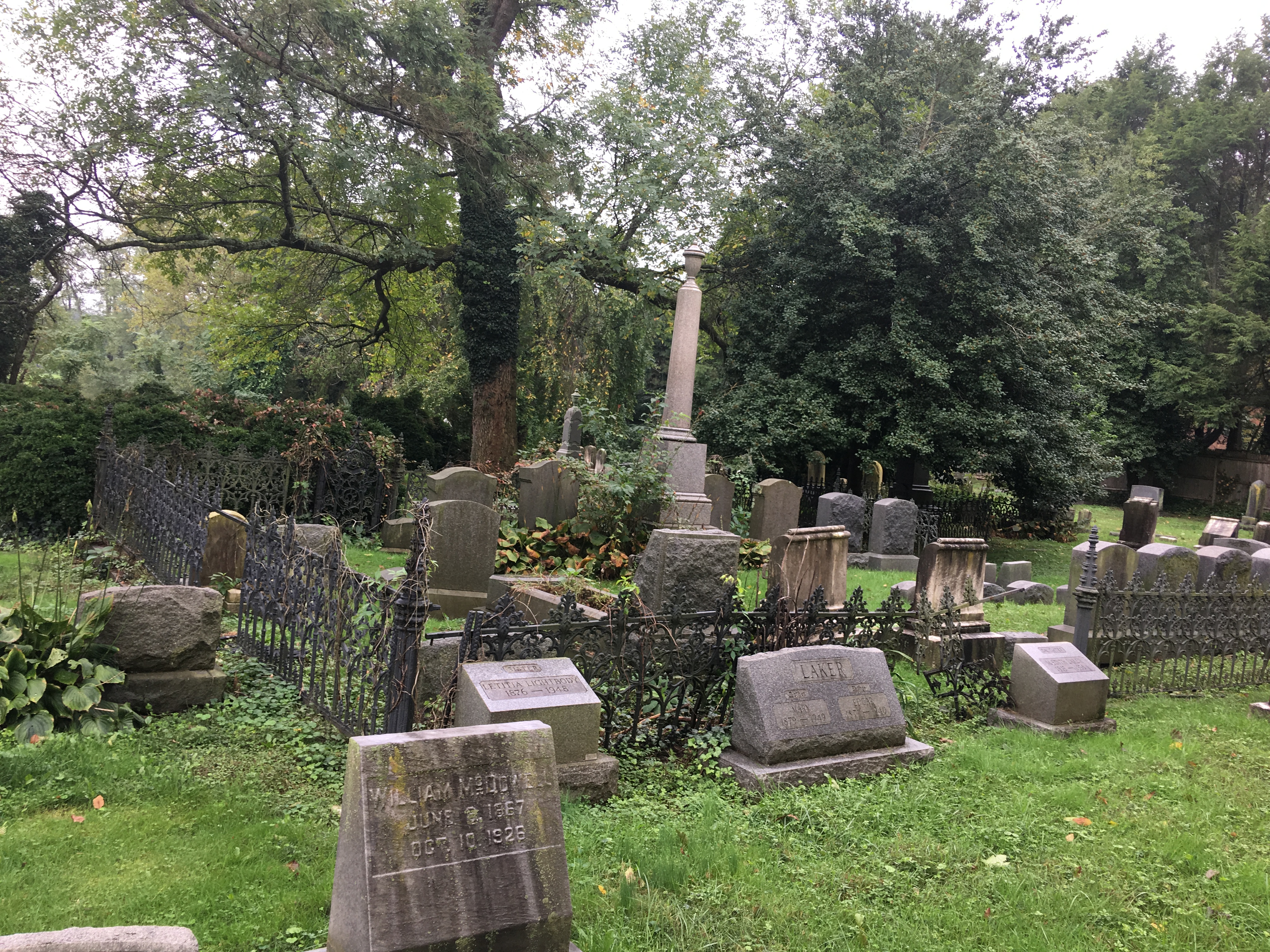Yesterday, I posted a short story of under 200 words with an interest in perhaps altering it. This has come to pass. I am typically not of a mind for poetry. I’ve nothing against poetry, it just usually isn’t one of the formats I keep in my writer’s kit. Poetry is something I leave to people who have it in their soul, but this just seemed to fit in a dark Gorey way.
So, here it is. Make of it what you will. Hopefully, I haven’t embarrassed myself too badly.
They killed our parents, and we played our parts
Into the system, we hardened our hearts
We shed hidden tears, held hands in the act
They killed our parents, so we sealed a pact
My sis was fourteen, myself only nine
We learned to blend in, make crowds into kine
Escaped to the street, we plied a new trade
Lies, nimble fingers, and quickness with blade
They killed our parents, we never forgot
Uncovered their secrets, for which they weren’t caught
We stayed in the shadows, tracking their ways
They killed our parents, we numbered their days
We learned what they were, long teeth and ill will
They gave not a thought to the folks that they killed
We got close to wait, kept still in the night
Until such a day would bring on our fight.
They killed our parents, so we skinned them alive
They couldn’t repel us, though they struggled and strived
A stake through the heart, and a rough severed head
They killed our parents, and now they were dead
But what we heard then, so plaintive and faint
Their monstrous children, wan, pale and drained
We’d learned a hard lesson, and took it down fast
These devil spawned children would be the last
I recently listened to an episode of Start With This, a podcast about harnessing creativity by the creators of Welcome To Night Vale. Their most recent episode was on repetition, something which has been the bane of my writing style for some time now. I used to think repetition was emphatic, but it really isn’t. But, I listened to the cast to see if there was something I missed, and perhaps there was. I still don’t like the way I used repetition in the past. But, with some guidelines, I took down their assignment. I’m… strangely pleased. I’m not a very big fan of any work that is short. It ties my hands. This time it seems to have done something that at least feels interesting. The constraints were to take a single phrase and use it five times in a work of no more than two hundred words. I came in with twelve words to spare on the first try.
This is the raw result, using only Grammarly for the first draft:
They killed our parents and shuffled us into the system. She was fourteen. I was nine. They told us it was an accident. We held each other’s hands. We cried. But we knew. They killed our parents.
We started to look in all the wrong places and came up with the right answers. They killed our parents because they knew where the hidden things lay. They knew the names. They knew the lies. So, they killed our parents and thought it was done.
When they killed our parents they got more than they wanted. With no one to stop us, no one to tell us that revenge wasn’t the answer, we learned how to hunt. We sharpened our knives. We learned to see them when they thought they could hide. We found they were monsters and skinned them alive.
When the work was done, we went through their lair, and what did we find there? Two trembling forms, one seven, one five. Barely aware of the change to their lives. We killed their parents, and the books weren’t right. So, two more child creatures died in the night.
The assignment asks for the meaning and change of impact each time the phrase is used, which is what makes the difference. In this case, ‘they killed our parents’ is the phrase. The first time it appears it is simply a statement of fact, followed by an immediate result. The second time it’s mentioned at the end of the same paragraph, it’s accusatory and foreshadowing. The third time provides a reason for the killings, knowledge of things one is not meant to know. The fourth time sets up what the killers thought the narrator’s parents would bring about by their murderous deeds. The final time, it draws out the consequences – if the narrator’s parents hadn’t been killed what came next would never have had to happen.
The final paragraph uses the phrase not at all. Catharsis has come and a new cost is introduced to the narrators who learn a dark and terrible thing about themselves. There’s is then a sixth, unspoken time, that the phrase is no doubt uttered by the monstrous children just before they too are dispatched – they killed our parents.
I felt good enough to come out of my author blog cave to write about the experience and post it. I guess that’s something, huh?
I think I shall turn it over some more in my head, see what I can expand from this. I think an Edward Gorey style poem perhaps could come of it, a burst of new signals at my other site.
Archives
- May 2023
- July 2022
- June 2022
- March 2020
- November 2019
- November 2018
- September 2018
- August 2018
- January 2018
- December 2017
- November 2017
- August 2017
- July 2017
- June 2017
- May 2017
- April 2017
- March 2017
- February 2017
- November 2016
- October 2016
- July 2016
- June 2016
- March 2016
- January 2016
- December 2015
- November 2015
- August 2015
- July 2015
- May 2015
- April 2015
- March 2015
- February 2015
- January 2015
- December 2014
- November 2014
- October 2014
- September 2014
- August 2014
- July 2014
- June 2014
- December 2013
- May 2012
- February 2012
- January 2012
- December 2011
- November 2011
- October 2011
- September 2011
- August 2011
- July 2011
- June 2011
- May 2011
- April 2011
- March 2011
- February 2011
- January 2011
- December 2010

